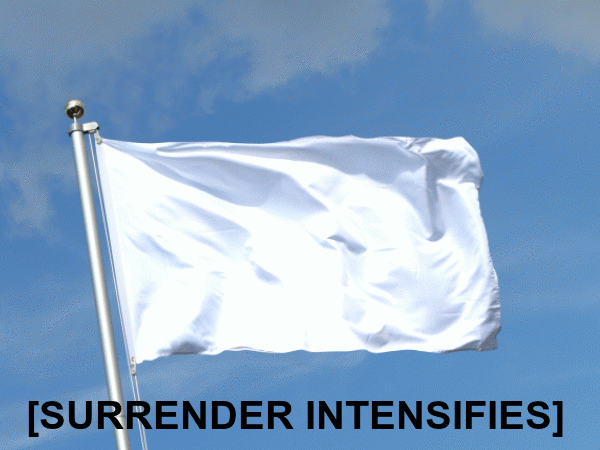This is one of those broad-view historical essays again. Apparently, many historians have expressed theories on what could have gone differently if the French hadn't retreated, but Tolstoy points out that the Russians made no effort to make them retreat or stop them advancing (which he puts down to Kutuzov conserving energy, knowing the French army would break itself). Tolstoy theorises that every single individual member of the French army, including Napoleon, could feel their encroaching defeat, and that's why they destroyed the resources available in Moscow, rather than using them, and why they retreated rather than advancing.

Chapter 19
The essay continues.
Each individual Frenchman - and thus, the entire crowd - want to go home, but home is quite a way away so instead they focus on Smolensk, as the first stop on the journey. As many of them as possible attempt to surrender, so apparently that stereotype goes back quite a while. The army moves like a wave, unstoppable in its retreat. Kutuzov recognises this, and uses all his power to stop the Russian generals attacking to try to gain some glory and "great victories" for themselves. It doesn't work - there are a lot of little skirmishes, and French and Russians killed who needn't have been, because it doesn't make a blind bit of difference. The French army continues towards Smolensk, with about a third of it melting away via surrenders.
And that's the end of part 13! There are three parts left, with a total of 67 chapters left. If I read one chapter per day, I'd be done by the 12th of June. If I read 5 chapters per day, I'd be done by the 18th of April. All of my coursework is due by the middle of May, so I probably won't be reading 5 chapters per day.
No comments:
Post a Comment